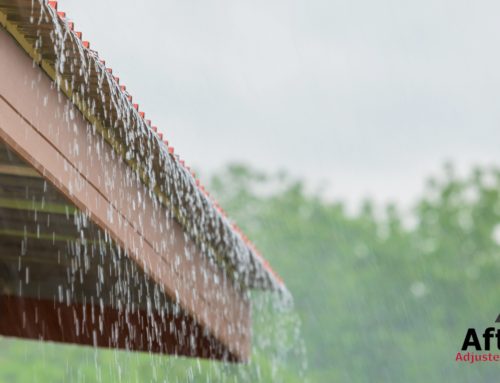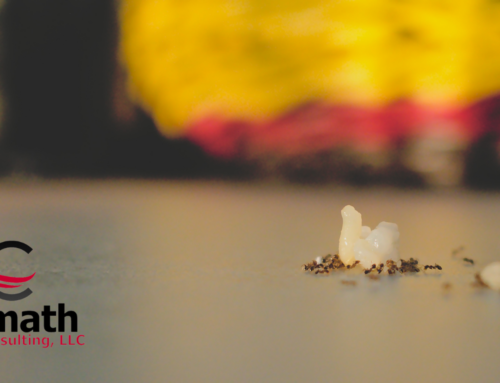Florida is prone to major storms during Hurricane Season, but springtime is also known for thunderstorms, high wind, hail, and even tornadoes. Residents in the Florida area should take preventative measures to protect their homes from damage during this time. A spring storm could have strong winds or flooding and cause serious damage to your home. If you follow these storm preparation tips, however, you can prevent some of the damage.
1. Trim Large or Dead Tree Branches
Strong tornados or thunderstorms can blow branches off large or dead trees. They sometimes even uproot whole trees. This can cause damage or injuries if a tree or branch falls on:
- Power lines
- Your home
- Your car
Inspect the trees around your homes. You are looking for any loose, dead, or large tree branches. Make sure you pay extra attention to the trees around your home, garage, or vehicle. They are the most likely cause for damage. Remove tree branches that look like they may snap or fall off. You should consider trimming back branches that are too close to the house. It can be difficult and dangerous to trim the tree branches. You can always call a professional if you can’t do it yourself.
2. Secure Items in Your Yard Before a Spring Storm
Many homeowners have things in their yards including:
- Outdoor furniture
- Lawn ornaments
- Grills
- Toys
- Gardening equipment
These items become very dangerous during a spring storm. Strong winds can turn them into projectiles and send them flying into your home. You should clear these from your yard when a storm approaches. You can either bring them inside or keep them in a garage or shed. This is easy to do and can prevent extra storm damage.
3. Inspect the Roof and Gutters
Rain and wind damage to a roof is normal during a severe spring storm. Strong winds dislodge shingles. This allows rain into the house. It also causes damage to the gutters and affects drainage. Inspect your roof as soon as possible. Check for:
- Loose or damaged shingles
- Cracks in the flashing or soffit
- Issues with the gutters
Repair any roof damage to help prevent leaks during heavy rain. It’s normally best to have your roof inspected and repaired by professionals.
4. Inspect your Windows
Windows are vulnerable during storms. They might be poorly sealed and leak. They can shatter in strong winds. Make sure your windows can seal properly to keep out the elements. Consider getting new windows if yours are old and can’t seal. New windows are less likely to leak. You can find some made of powerful glass that can withstand high winds. You could also install storm shutters over your windows for extra protection.
5. Have a Backup Power Source
Storms tend to knock out the power. This is not only inconvenient but also dangerous. The food in your refrigerator and freezer will go bad without power. You will not be able to make emergency calls if your cell phone dies. The sump pump will stop working when the power is out. This can cause basement flooding which leads to structural damage. The right conditions can cause mold or mildew. The power could be out for hours or days. That’s why it is important to invest in a home generator for backup power before a spring storm occurs.
Even if you follow these tips, you may experience damage from a spring storm. If that happens, give Aftermath Adjusters & Consulting a call right away. Our licensed public adjusters will work with your insurance company to get you the highest claim payout possible.









